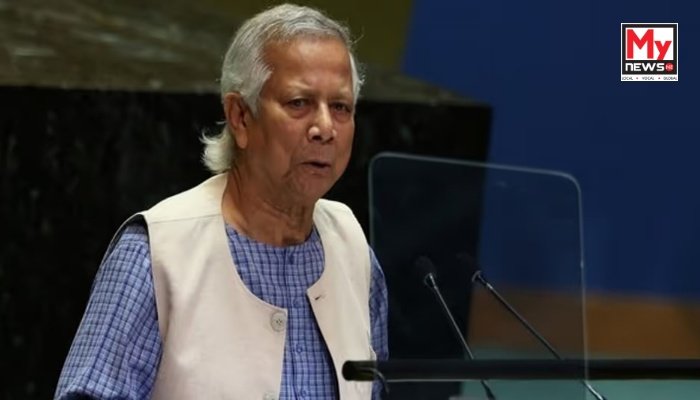Historic Trade Talks: Bangladesh Secures 20% Tariff Rate, Averts Punitive US Duty
Dhaka, Bangladesh — In a significant diplomatic victory, Bangladesh has successfully negotiated a 20% tariff rate on its exports to the United States, sidestepping a potentially devastating 35% duty threatened just weeks prior. The deal, which places Bangladesh on a competitive footing with key apparel-exporting rivals, came after months of high-stakes discussions with the US under a new and aggressive global trade framework.
The breakthrough was announced following intense negotiations that saw Bangladeshi officials balancing national priorities with the US administration’s demands. Dr. Khalilur Rahman, Bangladesh’s National Security Advisor and chief negotiator, hailed the outcome, stating it was “good news for our apparel sector and the millions who depend on it.” He added that the agreement has also “preserved our global competitiveness and opened up new opportunities to access the world’s largest consumer market.”
This new trade landscape is part of a wider effort by the US, led by President Donald Trump, to recalibrate trade relations with over 70 countries. The new terms extend beyond tariffs to include purchase agreements and security cooperation, with nations that did not comply facing tariffs as high as 41%. For Bangladesh, the pressure mounted on July 9 when President Trump sent a formal letter, warning of a 35% tariff to be implemented by August 1 if a bilateral agreement was not reached. The final 20% rate is a substantial reduction from that initial threat.
Chief Adviser Muhammad Yunus congratulated the negotiation team, stating that “by reducing the tariff to 20%, 17 points lower than anticipated, our negotiators have demonstrated remarkable strategic skill and unwavering commitment to safeguarding and advancing Bangladesh’s economic interests.”
As part of the deal, Bangladesh has agreed to increase its import of US agricultural goods, including a commitment to purchase 700,000 tonnes of wheat annually. This move is aimed at narrowing the country’s $6 billion trade deficit with the US. Further purchases in LNG and the aviation sector are also on the cards, with plans to buy 25 Boeing aircraft. A Bangladeshi official, who wished to remain anonymous, noted that the US also raised the topic of military equipment purchases but was informed that Dhaka is diversifying its defence procurements. The official also mentioned that Washington expressed concerns about Bangladesh’s trade with China, to which Dhaka responded that China is a neighbouring trading partner and that Bangladesh is not “part of any circle.”
The final agreement is being viewed as a diplomatic triumph for Bangladesh, with Chief Adviser Yunus remarking that it “not only underscores Bangladesh’s rising strength on the global stage but also opens the door to greater opportunities, accelerated growth, and lasting prosperity.” The apparel industry, a cornerstone of the nation’s economy, remains protected from major disruption, with the Chief Adviser’s Press Wing confirming that “Bangladesh’s relative competitiveness in apparel exports remains unaffected.”
Read More: BJP To Go Solo In BTC Polls, CM Himanta Biswa Sarma Kicks Off Campaign With Udalguri Rally

